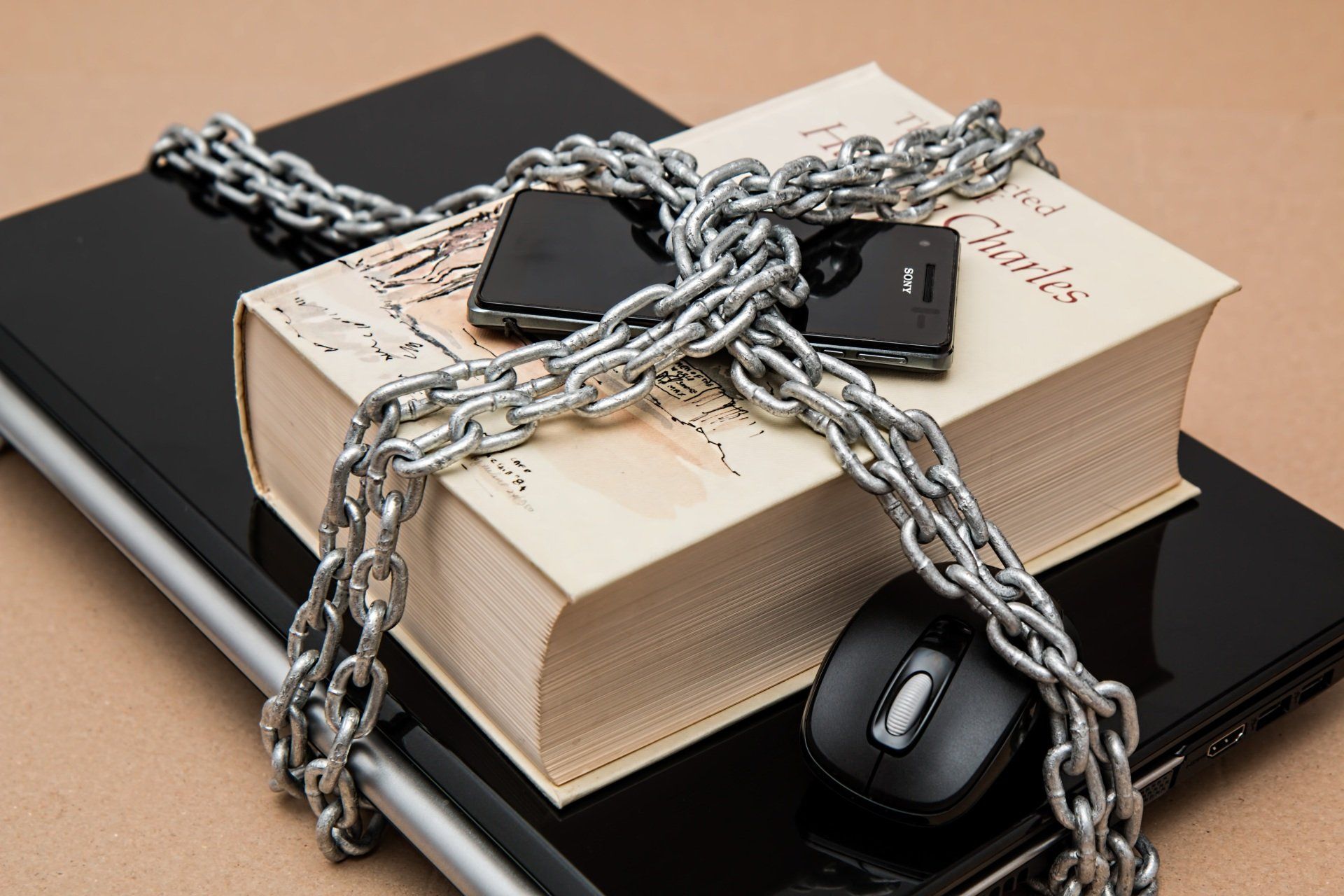
Safeguarding Your Privacy Online: A Comprehensive Guide

In our increasingly digitized world, where our personal, financial, and professional lives are often intertwined online, it's paramount to understand and implement strategies for protecting our privacy. The following guide will introduce you to several essential measures you can take to guard your online privacy.
Strong, Unique Passwords
First and foremost, ensure that all of your online accounts have strong, unique passwords. This includes social media, online banking, email, and any website where you share personal information. A strong password usually includes a mix of upper and lower case letters, numbers, and special characters. It's advised to avoid using personal information like birthdays or names that could be easily guessed. Password management tools can be beneficial for generating and securely storing complex passwords.
Two-Factor Authentication (2FA)
Two-factor authentication provides an additional layer of security. When 2FA is enabled, it requires users to verify their identity in two separate ways – usually a password and a secondary confirmation through a different medium, such as a text message, an email, or an authenticator app.
Privacy Settings
Most online platforms provide users with the ability to adjust their privacy settings. For instance, you can control who sees your posts on social media, who can tag you, or even who can send you friend requests. Regularly reviewing and updating these settings is a proactive way to enhance your online privacy.
VPN Services
Using a Virtual Private Network (VPN) can also be helpful in safeguarding your online privacy. VPNs work by masking your IP address and encrypting your internet connection, which makes it more difficult for your online activities to be tracked or your data intercepted.
Secure Browsing
Be mindful of the websites you visit and the networks you connect to. Always check if the website uses HTTPS, which means the communication between your browser and the website is encrypted. Avoid using public Wi-Fi for sensitive activities, such as online banking, as these networks can be insecure.
Data Sharing
Think twice before you share personal information online. This can include anything from your email address to personal photos. Once information is shared online, it can be difficult to retract. If a site or app asks for information that you don't feel comfortable sharing or that seems irrelevant to the services offered, it's okay to say no.
Regular Software Updates
Regularly updating your software, including your operating system and apps, is an often overlooked but vital part of online privacy. These updates often include patches for security vulnerabilities that have been discovered, making it crucial to install them promptly.
Online privacy is not a one-time effort, but a constant practice. It requires us to stay informed about new threats and to be mindful of our online behavior. In doing so, we can better protect our personal information from being exploited, ensuring that our online experiences remain positive and safe.



